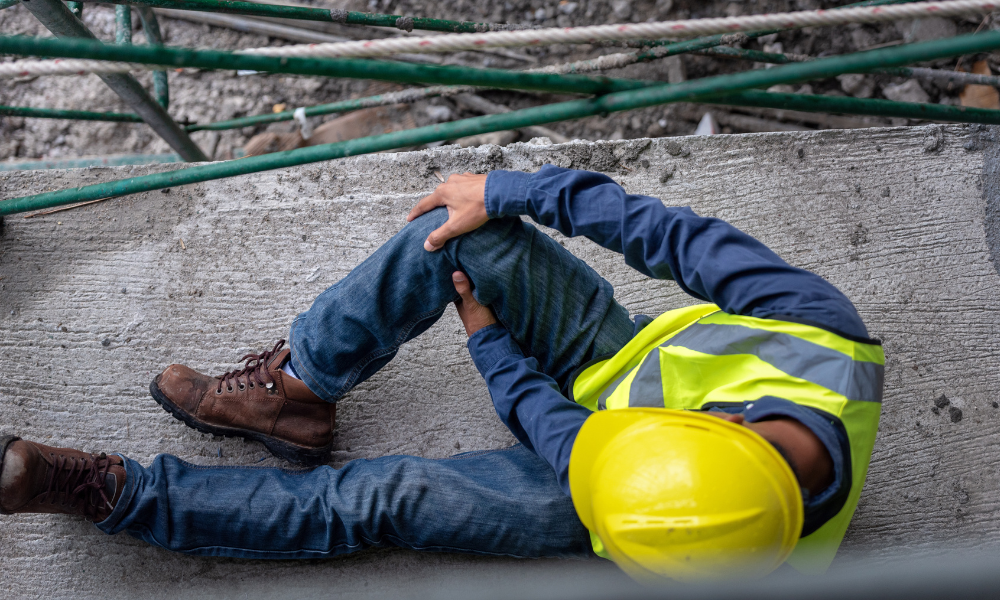'Communicate this message to your customers,' says Technical Safety BC

Technical Safety BC is reminding outdoor experience providers to ensure the safety of their employees and patrons when it comes to carbon monoxide exposure.
While the message about carbon monoxide awareness has often targeted the public, workplaces such as campgrounds, tour operators, and festival event organizers hold a crucial role in safeguarding individuals against the dangers of this silent killer.
"If you have a campground or organize festivals, the health and safety of your clients should be a priority,” says Dean Schmitke, senior safety officer, incident investigations, with Technical Safety BC. “Take the time to understand carbon monoxide, its dangers, and communicate this information to your customers."
Carbon monoxide, known as the silent killer due to its colorless and odorless nature, can lead to symptoms that often mimic other common conditions experienced during the summer, like heatstroke or alcohol overindulgence. Symptoms include headaches, dizziness, vomiting, and confusion. Ignoring these signs can have severe, even fatal, consequences.
For workplaces like campgrounds, Schmitke highlighted the danger of using fuel-burning appliances, such as gas heaters or cooking equipment, in enclosed spaces like tents. He warned against using such devices due to their potential to produce high levels of carbon monoxide when not functioning properly. He advises, "not using any fuel-burning appliances in enclosed spaces is one very important piece."
To mitigate risks, Schmitke outlined several key measures workplaces can take. Firstly, he stresses the importance of detection, recommending the use of portable carbon monoxide detectors. "Make sure you have [a detector] with you, whether you're at a lakeside cabin, a tent, a music festival, or even a friend or family's home." Furthermore, if a detector alarms, it should not be ignored or dismissed as a false alarm. Individuals should immediately seek fresh air and ensure the environment is safe.
Workplaces are encouraged to communicate these messages to their patrons through various means, including publications, notices, and signs. Schmitke cites a survey that revealed an alarming 23% of campers in British Columbia were unaware of the risks associated with fuel-burning appliances in tents. He emphasized the need to creatively convey the dangers to effectively reach this demographic.
Schmitke says the gravity of carbon monoxide incidents can’t be overstated, sharing examples of tragic outcomes due to carbon monoxide exposure. He stressed the importance of considering carbon monoxide as a possible cause when experiencing symptoms related to heatstroke or alcohol consumption.
"Always suspect carbon monoxide. Understand the symptoms, carry a portable battery-powered alarm, and never ignore its warning."
As workplaces continue to prioritize safety, Schmitke’s insights shed light on the responsibility to protect workers, patrons, and the public from the dangers of carbon monoxide exposure. By increasing awareness and implementing preventive measures, workplaces can play a pivotal role in ensuring a safe and enjoyable summer for all.





